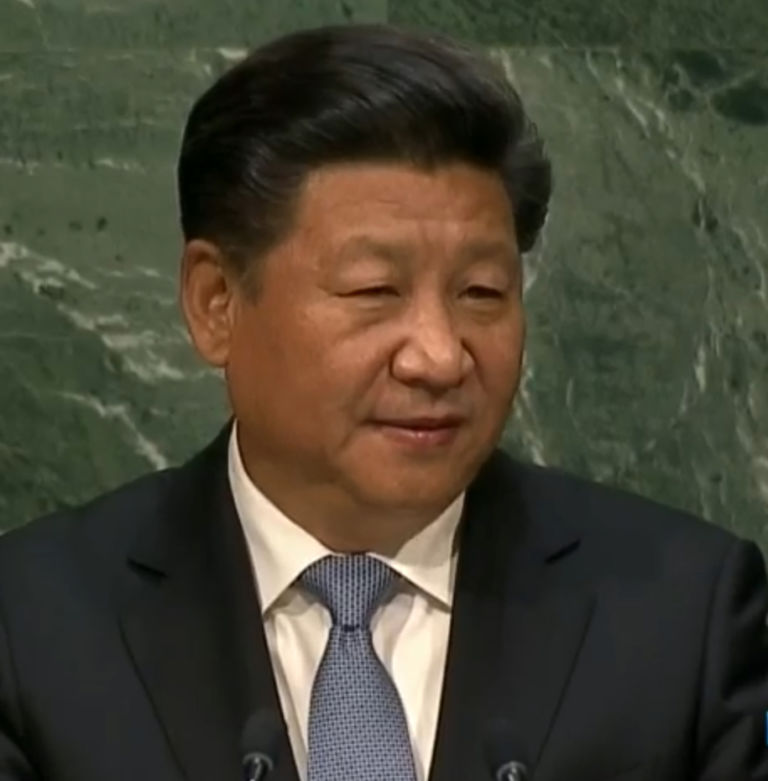Jay Cost explains at National Review Online why he believes Congress is shirking its duty when it comes to war-related decisions.
Last week President Trump authorized strikes on military installations in Syria, in response to its use of chemical weapons. I think this is a good thing. Chemical weapons have rightly been outlawed around the world by international agreement, and the community of nations committed to their prohibition has an interest in making sure that those who would violate these norms are punished.
But I’m also a stickler for the rules, and while I know it may be a bit gauche to ask this, I nevertheless must inquire: What gives the president the right to launch such an attack, absent congressional authorization? …
… There is a bigger point at stake, too. Put aside the legalities and consider the spirit of the Constitution — whose manifest purpose is to enshrine self-government in the United States of America. From that perspective, the Syria strikes — and more generally the gradual accumulation of presidential power not just to execute but to declare war — are not consistent with the republican foundations of our government.
The Framers were very careful in how they organized the war-making power, as is illustrated by the various mechanisms employed. The president, for instance, is the sole commander in chief, meaning that he has discretion in how any given conduct is carried out. This was in keeping with the Framers’ decision to have a unitary executive — too many cooks spoil the broth. But the power to negotiate peace is held by both the executive and the legislative. The president negotiates treaties, but they must be approved by two-thirds of the Senate. Again, this was in keeping with their experiences during the 1780s, when foreign ministers had broad discretion to negotiate treaties, which often worked against the interests of some of the states.
And what about the power to declare war? It belongs to Congress alone.


